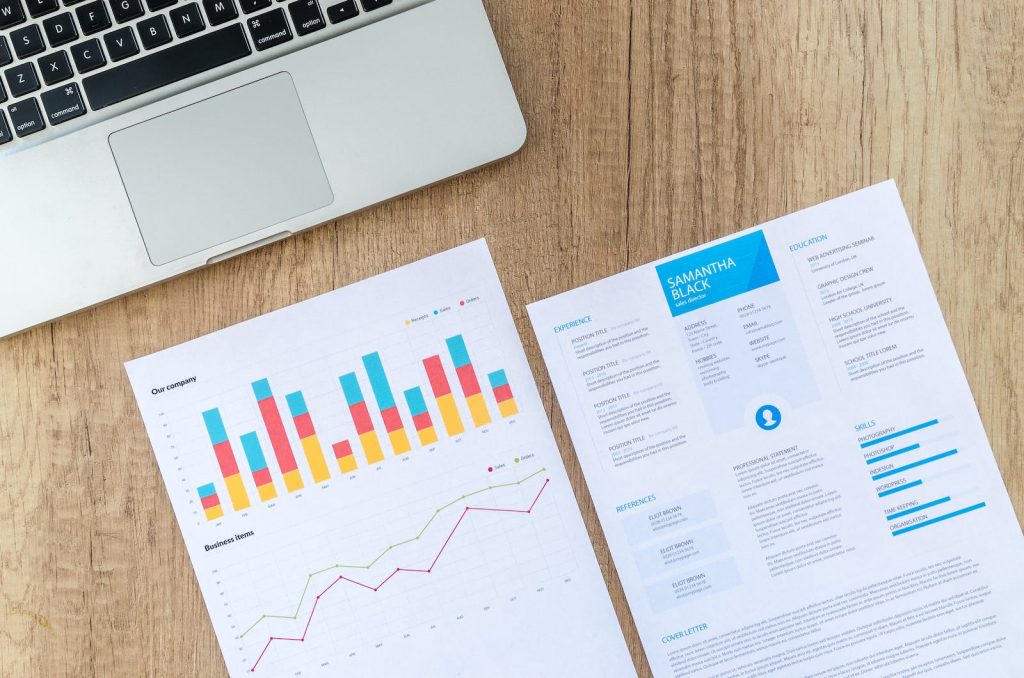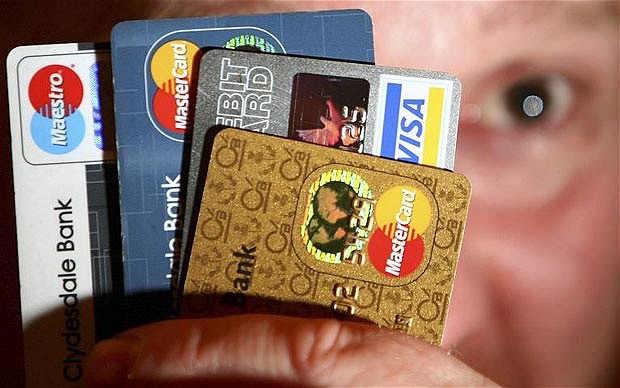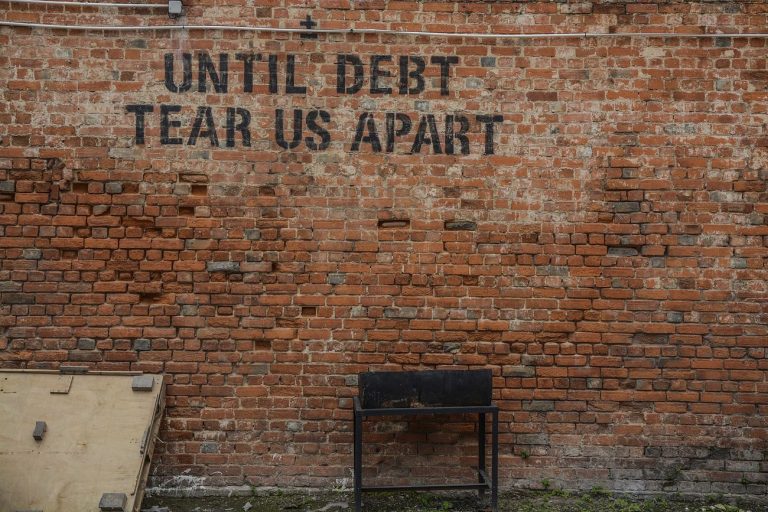Can You Get Credit?
Navigating the Complexities of Credit: Understanding Risks and Practices
In recent years, the world of credit and lending has come under greater scrutiny, revealing a landscape fraught with complexities and risks. As more individuals engage with credit systems, from credit cards to personal loans, understanding the nuances of borrowing has never been more crucial. This article delves into these aspects, reflecting on the current state of credit practices and offering insights for potential borrowers.
The Perils of Over-Borrowing
One of the most salient points in modern credit management is the risk associated with over-borrowing. While banks and financial institutions dictate credit limits, these figures aren’t always aligned with what an individual can realistically repay. The old adage of borrowing “as much as you can” is no longer viable in an era marked by economic fluctuations and personal financial instability. Borrowers are urged to critically assess their repayment capacity rather than relying solely on the limits set by lenders.
Inconsistent Credit Assessments
The variability in how banks assess creditworthiness is another critical issue. Traditionally, factors like monthly income and credit rating played a significant role in determining a borrower’s credit limit. However, these criteria are applied inconsistently across the financial sector. This inconsistency can lead to situations where individuals are either under or over-estimated in their borrowing capacity, leading to financial distress or unexploited potential.
Case Studies of Imprudent Lending
Real-world examples abound where customers, with modest incomes, have been extended substantial credit limits, only to default later. These instances highlight significant gaps in some banks’ credit assessment processes. The tendency to extend excessive credit without a thorough evaluation of the borrower’s repayment capability poses a severe risk to both the lender and the borrower, potentially leading to financial crises.
Impact of Credit History
The flip side of the credit spectrum reveals that individuals with a poor credit history may struggle to secure loans or might receive limited credit. This situation underscores the importance of maintaining a robust credit history. It serves as a reminder that past financial decisions can have long-lasting impacts on one’s ability to access financial support.

The Subjective Nature of Credit Needs
The context in which credit is sought plays a pivotal role in determining its impact. For some, limited access to credit, due to stringent borrowing limits, might not pose a significant problem. In contrast, for others, it could represent a major hurdle. This subjective nature of credit needs suggests that a one-size-fits-all approach to lending is ineffective. It calls for a more personalized assessment of individual circumstances and financial needs.
Real-Life Scenario – The Case of Emily’s Credit Card Debt
Emily, a graphic designer with a modest income, fell into a financial trap after accepting a high-limit credit card from her bank. Initially intended for small purchases and emergencies, she gradually began using it for larger expenses like a new laptop and apartment furniture. The bank’s assessment, which didn’t fully consider her other financial commitments, led to her being over-leveraged. As a result, Emily soon found herself overwhelmed by credit card debt, struggling to pay off even the interest and subsequently suffering a decline in her credit score. This made securing further credit, like a car loan, more difficult. Her experience underscores the risks of over-borrowing and highlights the importance of understanding one’s repayment capacity, showcasing the complexities of managing credit in real life.
FAQs
Here are some frequently asked questions (FAQs):
- How Often Is My Credit Score Updated?
- Credit scores are updated periodically, usually when new information is reported to the credit bureaus by lenders or creditors.
- Can I Get a Loan or Credit Card With Bad Credit?
- How Do I Dispute Something on My Credit Report?
- How Can I Get My Credit Score and Credit Report?
- What Is the Difference Between a Credit Score and a Credit Report?
- How Does Credit Work?
- What Factors Influence My Credit Score?
- How Can I Improve My Credit Score?
- Improving your credit score can be achieved by paying loans on time, keeping credit balances low, having a long credit history, and ensuring your credit report doesn’t have errors.
- What Should I Do If I Find an Error in My Credit Report?
- Does Checking Your Credit Score Lower It?
Conclusion
Navigating the credit landscape requires a balanced approach, considering both the risks of over-borrowing and the importance of creditworthiness. Borrowers should be aware of the varying practices across financial institutions and the long-term implications of their credit decisions. As the credit industry evolves, so too must the strategies of borrowers, ensuring that they make informed decisions that align with their financial goals and capabilities. With these considerations in mind, individuals can better manage their financial health in an increasingly credit-reliant world.
Editor: Updated 12/17/23
© 2015-2023 by burdenofdebt.com, a LIVenture. All rights reserved. No part of this document may be reproduced or transmitted in any form or by any means, electronic, mechanical, photocopying, recording, or otherwise, without prior written permission of LiVentures LLC.






